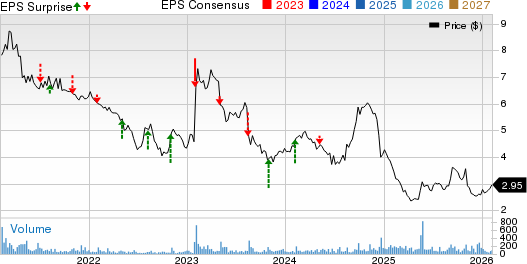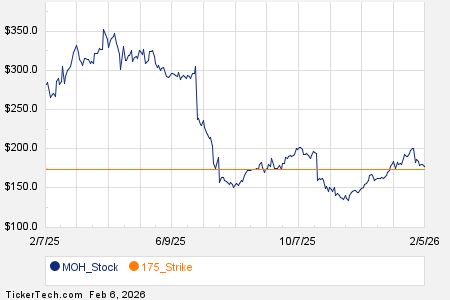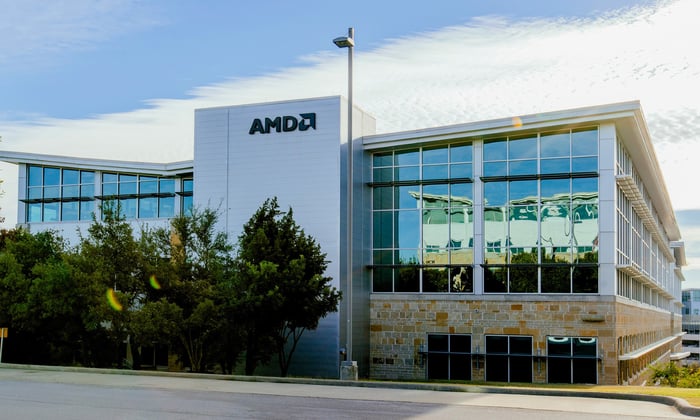The Korea Stock Exchange (KRX) embodies the confluence of tradition and modernity, mirroring South Korea's remarkable trajectory from post-war recovery to becoming a high-tech industrialized economy. As the heart of the nation's financial system, the KRX not only serves as a vital conduit for capital allocation but also reflects the burgeoning economic might of the country.
Predicated on its robust infrastructure and rigorous regulatory framework, the exchange supports and facilitates the growth of both indigenous corporations and foreign enterprises. This article is poised to provide an analytical exploration of how the KRX, with its comprehensive range of financial instruments and services, contributes to the vigor and stability of the South Korean economy.
In the ensuing discussion, we shall uncover the layers that constitute the KRX's strategic importance, as well as its pivotal role in bolstering South Korea's position as a global economic contender, inviting consideration of the implications for investors and policy-makers alike.
Key Takeaways
- The Korea Stock Exchange (KRX) plays a vital role in the Korean economy by facilitating capital formation and investment.
- The KRX has experienced significant growth and development, becoming one of the largest stock exchanges in Asia.
- The KRX lists well-known and influential companies such as Samsung Electronics, Hyundai Motor Company, SK Hynix, LG Chem, and POSCO.
- The KRX's indices, including the KOSPI and KOSDAQ, provide investors with valuable market performance indicators and track the performance of different sectors and market segments.
KRX Origins and Evolution
Tracing the origins of the Korea Stock Exchange (KRX), it was established in 1956 and has since evolved into a pivotal component of South Korea's economic infrastructure. The KRX has undergone significant transformations through mergers and expansions to enhance its global competitiveness.
The KRX historical milestones delineate its ascendant trajectory from a national exchange to an international financial hub. Notably, the 2005 consolidation with the Korea Futures Exchange and KOSDAQ marked a strategic repositioning.
Central to the KRX's role in capital formation is its facilitation of equity financing for corporations, thereby fueling economic emancipation and innovation.
It stands as a testament to South Korea's commitment to fostering an environment where enterprises can thrive, investors can prosper, and the national economy can flourish through a dynamic and robust capital market.
Prominent KRX-Listed Companies
Reflecting on the Korea Stock Exchange's evolution into an international financial hub, it is paramount to highlight the influential role that prominent KRX-listed companies, such as Samsung Electronics and Hyundai Motor Company, play in exemplifying South Korea's economic vigor and innovative capacity.
The market impact and performance of these KRX-listed companies are substantial, not only in terms of their financial metrics but also in their contribution to global technological and industrial trends.
The KRX's role in promoting economic growth is intricately linked with the success of these industry giants, as they anchor the exchange's reputation and attract investment.
KRX Market Indices Overview
The Korea Stock Exchange (KRX) features a diverse array of market indices, including the benchmark KOSPI, which provides investors with critical insights into the performance of the South Korean equities market. These indices are pivotal for discerning krx market trends and pinpointing krx investment opportunities.
An analytical overview of the primary indices reveals:
- KOSPI: The bellwether index reflecting the market capitalization and overall health of large-cap South Korean companies.
- KOSDAQ: Offers a perspective on the performance of mid-sized, innovative, and growth-oriented firms, often akin to the tech-savvy NASDAQ in the U.S.
- KOSPI 200: Comprises 200 major companies, serving as a barometer for institutional investors and derivatives markets, including futures and options trading.
These indices collectively encapsulate the dynamism and potential of the South Korean financial landscape.
Economic Influence of KRX
As a nexus of financial activity in South Korea, the Korea Stock Exchange (KRX) exerts considerable influence on the country's economic landscape through its role in capital allocation and investor engagement.
The KRX market performance serves as a barometer for the nation's financial health, reflecting corporate successes and economic trends.
Through facilitating equity and debt offerings, the KRX's role in capital formation is pivotal, enabling firms to harness necessary funds for innovation and expansion, thereby fueling economic development.
The robust regulatory environment of the KRX ensures transparency and fosters investor confidence, which is essential for the mobilization of domestic and foreign investments.
In essence, the KRX is instrumental in shaping South Korea's economic progress and stability.
Daily Operations of KRX
Operating from the heart of Seoul, the Korea Stock Exchange executes its daily activities through a sophisticated infrastructure that ensures seamless transactions across various financial instruments.
Here is a breakdown of the operations:
- Trading Hours and Market Structure: The KRX operates a structured trading session from 9:00 a.m. to 3:30 p.m. KST, excluding weekends and holidays. It supports multiple markets, including the main KOSPI market, the tech-focused KOSDAQ, and the derivatives market.
- Role in Capital Formation: KRX plays a pivotal role in capital formation by providing a reliable platform for businesses to raise funds through public offerings and facilitating the allocation of financial resources.
- Investment Facilitation: By offering diverse investment products, the KRX empowers investors to gain exposure to South Korea's dynamic economy, fostering an environment where individuals and institutions can liberate their capital in the pursuit of growth and prosperity.
KRX's Global Market Interaction
While the Korea Stock Exchange anchors the domestic financial landscape through its daily operations, it also engages in extensive cross-border activities, reflecting its interconnectedness with the global markets.
The KRX's international partnerships are pivotal, fostering collaboration with overseas exchanges and financial institutions. These alliances facilitate cross-listing and dual listings, which provide Korean companies with greater visibility and access to foreign capital while offering international firms a gateway to the vibrant Korean market.
The strategic positioning of the KRX significantly bolsters South Korea's standing as an investment destination, thereby enhancing KRX's impact on foreign investment. Investors globally are attracted by the robust regulatory environment and dynamic market that the KRX represents, ensuring the flow of foreign funds into Korean equities and reinforcing the exchange's role as a global economic catalyst.
Frequently Asked Questions
How Does the KRX Ensure the Fairness and Transparency of Its Trading Activities to Protect Investors?
The KRX implements rigorous market surveillance and offers extensive investor education to ensure trading activities are transparent and fair, thereby safeguarding investor interests and upholding market integrity.
What Specific Measures Has the KRX Implemented to Support Small and Medium-Sized Enterprises (Smes) Gain Access to Capital Markets?
The KRX has established the SME Market Division, utilizing technological advancements to streamline access to capital, offering smaller enterprises a dedicated platform for funding, thus democratizing economic opportunities within the capital markets.
How Does the KRX Integrate Environmental, Social, and Governance (Esg) Criteria Into Its Operations and Listing Requirements?
The KRX integrates ESG criteria by establishing the Sustainability Index, which evaluates companies' sustainability practices, and by promoting the issuance of Green Bonds to finance environmentally friendly projects and incentivize responsible corporate behavior.
Can Foreign Investors Directly Participate in the KRX, and if So, What Are the Regulations or Restrictions They Face?
Foreign investors can participate in the KRX, subject to regulations that govern foreign ownership limits and investment strategies, ensuring compliance with local market practices and contributing to the exchange's internationalization.
What Educational Resources and Support Does the KRX Offer to New Investors Who Are Seeking to Understand the Stock Market and Start Trading?
The KRX provides investor education through seminars, online courses, and resources focusing on market analysis, ensuring informed trading decisions for new participants desiring financial liberation and prowess in the stock market.










